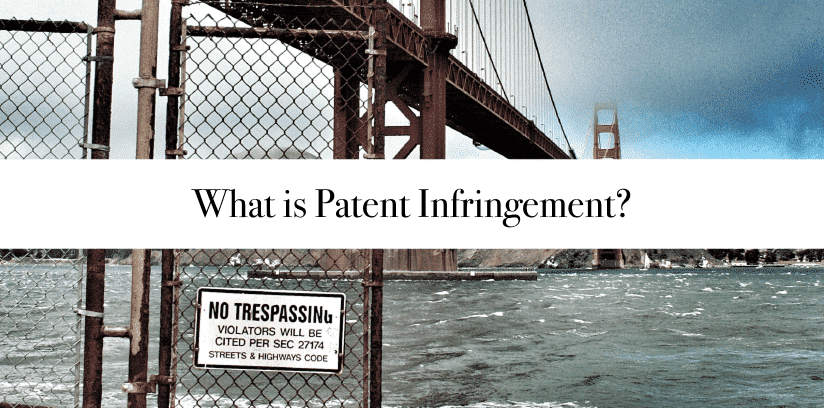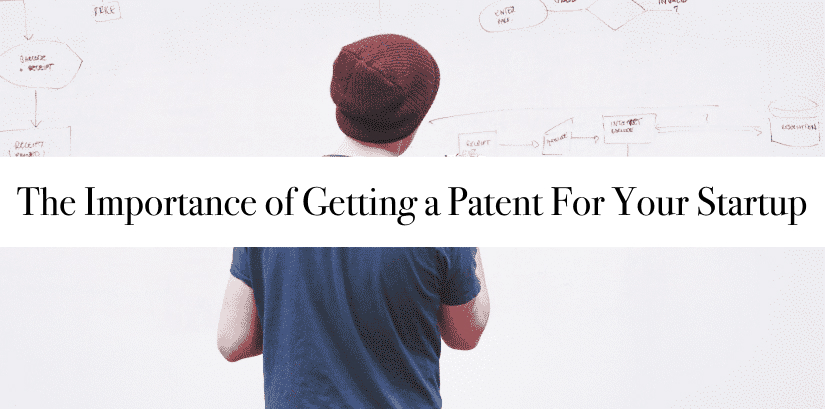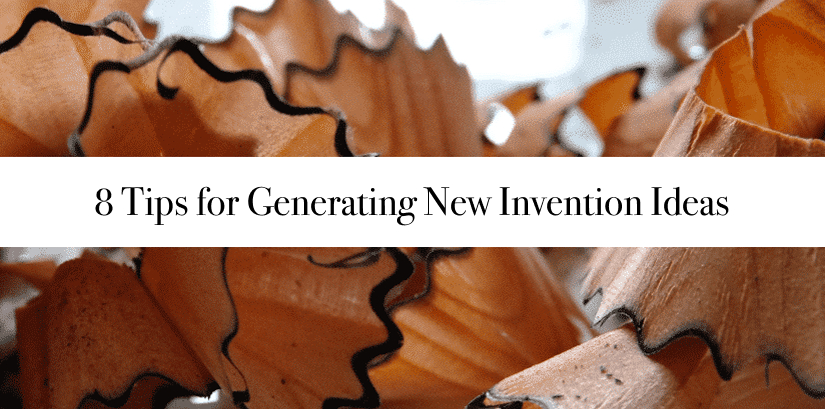Originally posted on March 13, 2017 @ 5:20 am
At first glance, infringing on a patent might appear intimidating, right? But let’s explore what it truly entails.
When you hear about a company being sued for infringement, the important thing to understand is that infringement revolves around the violation of a principle. What principle? Someone reducing the ability of the wronged party to monetize their invention. Patents are all about my ability to profit for my invention by preventing you from doing the same.
According to United States law:
“whoever without authority makes, uses, offers to sell, or sells any patented invention, within the United States or imports into the United States any patented invention during the term of the patent therefor, infringes the patent”
(as defined in 35 U.S. Code § 271)
In plain language, this means that anyone who produces and/or profits from a patented invention in the U.S. can face litigation for patent infringement. In addition, anyone who imports an item into the U.S. that is manufactured in a way covered by an existing U.S. patent may be subject to litigation for patent infringement.
All this can usually be avoided if the importer makes sufficient material changes to that item or the item subsequently becomes a trivial and/or non-essential part of another item.
Now, another way businesses often encounter trouble is if they actively encourage others to infringe a patent (stealing a line of code to ship a product faster, for example) or by supplying others with or importing parts of a patented invention. (As an aside you must be extremely careful when importing products from foreign countries for this exact reason. You don’t want your products held by customs for patent infringement or over a trademark dispute)
The Types of Patent Infringement:
An instance of patent infringement is usually categorized as follows:
- Direct infringement: The directly infringing party makes, uses, offers to sell, or sells a patented invention without authorization from the patent owner.
- Induced infringement: The indirectly infringing party encourages or enables another party to infringe a patent.
- Contributory infringement: The contributorily infringing party provides a directly infringing party with a part that is used to produce an infringing item, where the contributed part has no significant non-infringing use.
- Literal infringement: The language of the accusing party’s patent claim corresponds directly, or is identical to the alleged infringer’s item or the processes thereof.
As you can see, someone can be subject to litigation for patent infringement without directly infringing a patent (or by filing a similar patent of their own). For more information on the different kinds of patent infringement, read more on litigation and infringement & types of infringement.
Patent Infringement Litigation
If a patent owner believes someone has infringed upon their patent, they may sue that person in a federal court of law. The patent owner’s lawsuit may demand that the accused party cease and desist their unauthorized use of the patent owner’s invention, as well as claim compensation for the accused party’s unauthorized use of the patent owner’s invention. The damages paid to a patent owner as a result of a successful lawsuit are either in the form of actual damages or reasonable royalty for the infringing use of their patented invention.
Actual damages cover profits that were lost to the patent owner as a direct result of the infringing action, while reasonable royalty is calculated according to factors such as the type of item patented, the time remaining on that item’s patent, other royalty arrangements, and any other relevant issues.
In certain cases, the patent owner will seek to have a preliminary injunction issued against the party accused of patent infringement, in order to bar them from their allegedly infringing activities while the lawsuit is in process. It is standard procedure for the court to issue a permanent injunction against the accused party should they be found culpable in violating a patent. A patent owner that wishes to sue for infringement of their patent must do so within six years of the alleged infringement.
The patent owner’s lawsuit will not succeed if the court finds:
- That the accused party doesn’t need a license to the patent
- That at least one of the patent owner’s patent claims is invalid
- That there are other reasons why the patent owner is not entitled to their demands
The most common defense against allegations of patent infringement is to argue that the accuser’s patent claims are invalid. According to the United States Patent and Trademark Office, “The court may conclude that the patent claim is not valid if it is shown that the claimed invention was disclosed in a prior patent or patents, a book, a magazine, a newspaper, a television show or movie, a web page or other published work before the date of the claimed invention… [or] if it is shown that the claimed invention was offered for sale in this country or was disclosed to the public more than one year before the application for the patent was filed.”
The accused party may also argue that their accuser’s patent is not valid by claiming that the patent falls short of meeting the required criteria of novelty and nonobviousness. The court may also find the patent to be invalid on the grounds that it fails to meet other statutory requirements—for example, if the written description of the patented invention is insufficient or does not describe something that is eligible for patent—or if the patent owner is proved to have provided the United States Patent and Trademark Office with false information in their patent application.
If you believe someone to have directly or indirectly infringed your patent, or if you have been accused of patent infringement, you should seek the assistance of a patent attorney to determine your best course of action. Get in touch with us if you’d like to learn more, or if you have fears that your intellectual property has been placed in jeopardy.






